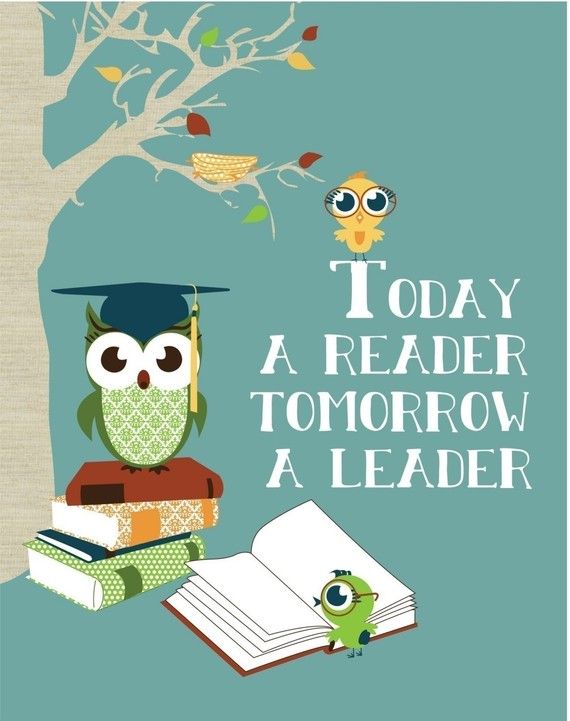Reading - A Step Forward
"So please, oh PLEASE, we beg, we pray, go throw your TV set away. And in its place you can install, a lovely bookshelf on the wall." — Roald Dahl
How wonderful would it be that in the evening before going to bed, each child had a book in hand and dozed off while reading. Alas! It is not so. We often hear parents complain about their child’s lack of interest in reading. As surprising as it may sound, children love books. When given access to the right kind of books and reading materials, a child will pick and read a book without having told to do so. The shy ones might need a little push and a prod but this is true for both government and private schools.
Books For All and Everyone
A good book expedites the orientation process. The right book is the one that engages the child effortlessly – for instance, picture story books with big graphics and less text works very well with a younger audience (Tulika Books, Eklavya, National Book Trust and Katha all have excellent picture books set in the Indian context). It is important to include books on topics such as breaking gender stereotypes and disability. A steady flow of books is also helpful in sustaining interest levels of early readers. A library membership or frequent visits to the bookstore also go a long way.
An Environment of Trust and Ownership
We have to learn to empower children to take responsibility as much they are capable of taking. The dos and don’ts while picking or holding or touching a book instills fear to the extent that books seem untouchable and might just explode. Trust children and guide them to treat books like prized possessions. Work has been done to set up libraries in government primary schools where ownership of the books was given to 4th and 5th graders and even after one year almost all books were in perfect shape.
Fun, Play and Not Work
Mark Twain was completely on point with the fence whitewashing episode in the Adventures of Tom Sawyer. Make reading seem like work and a child’s interest will disappear. But if it seems like play, a child will take to it easily. If parents engage children through storytelling and other fun activities while reading, a child will recreate these emotions everytime he picks up a book. Asking questions, getting the child to think critically and identifying new words all encourage active reading. Relating stories to your own personal experience or memories can make the entire experience very special for the child.
Not the Last Word
Read and you will take a child into a world from where there would be endless travels and a limitless horizon for a child to explore, discover, unearth, enjoy, live and learn.
